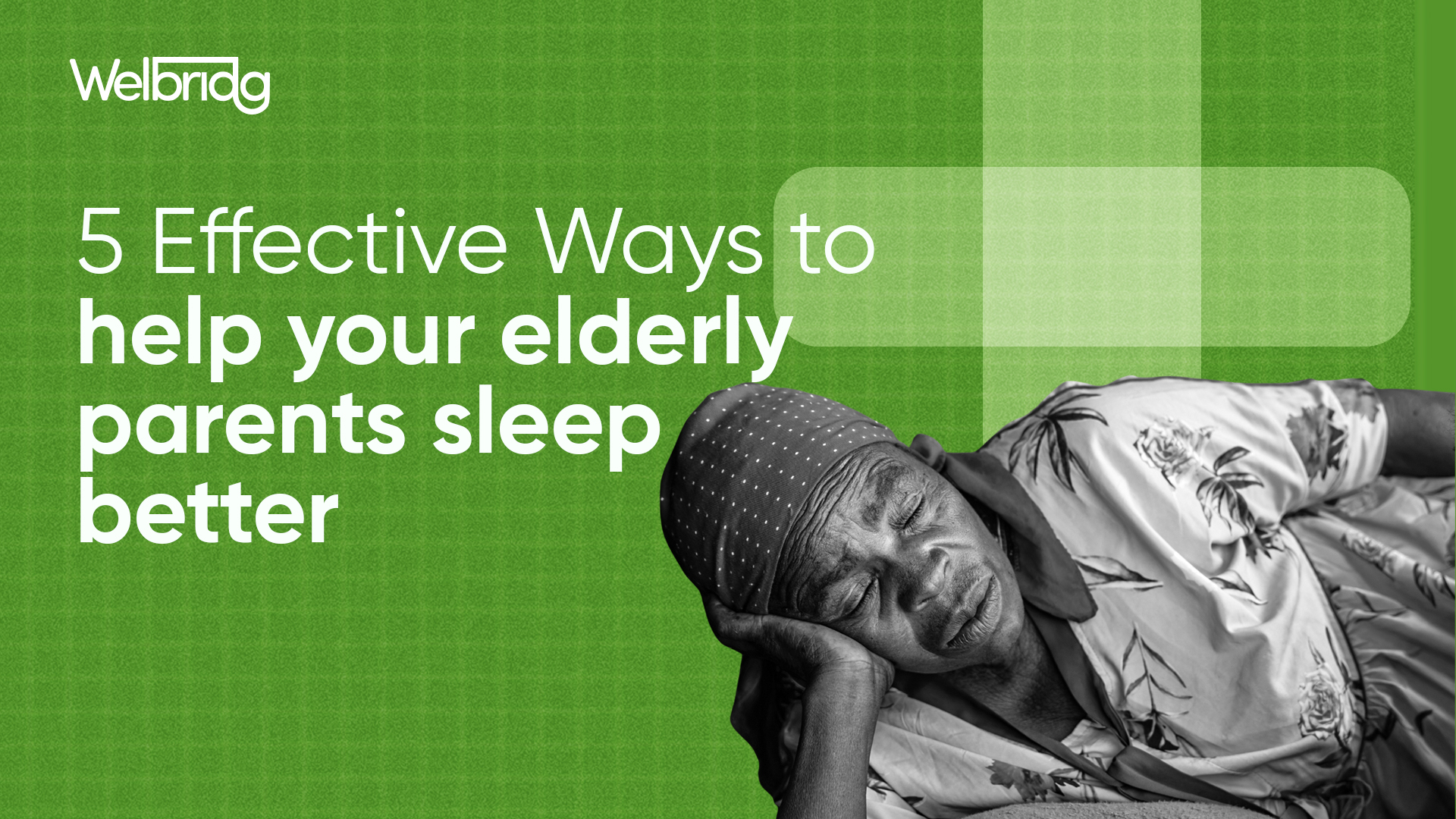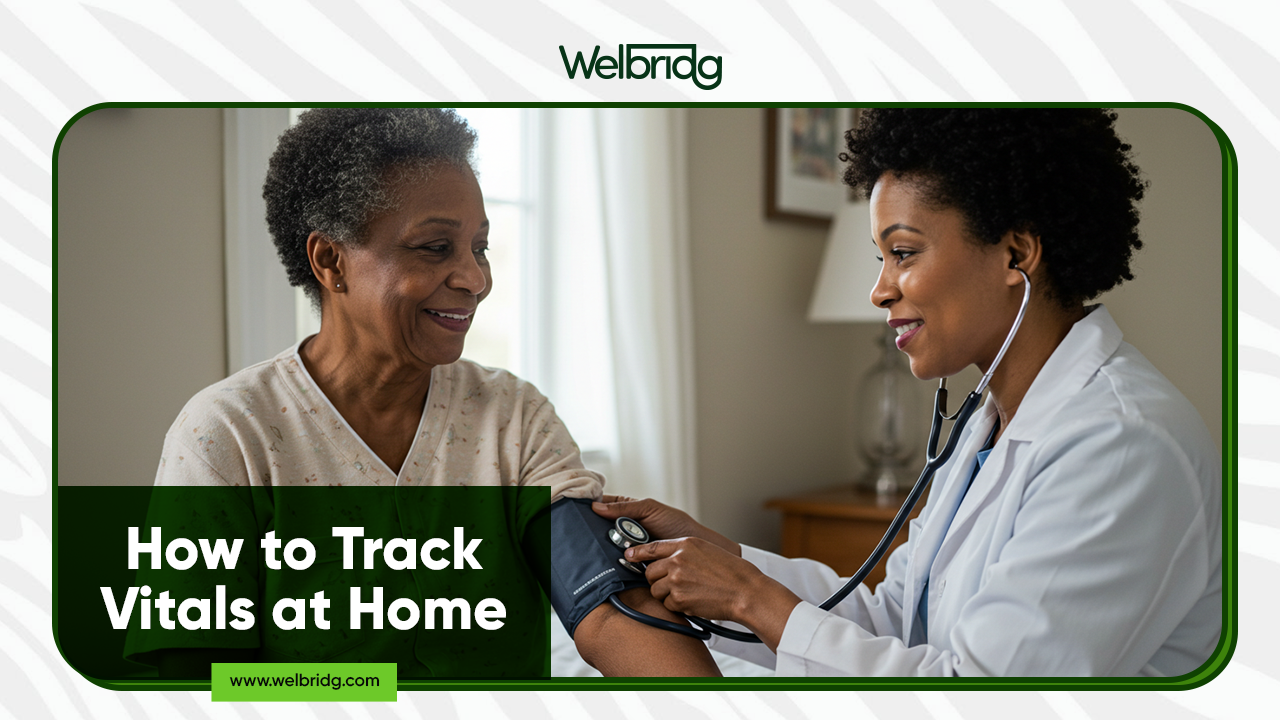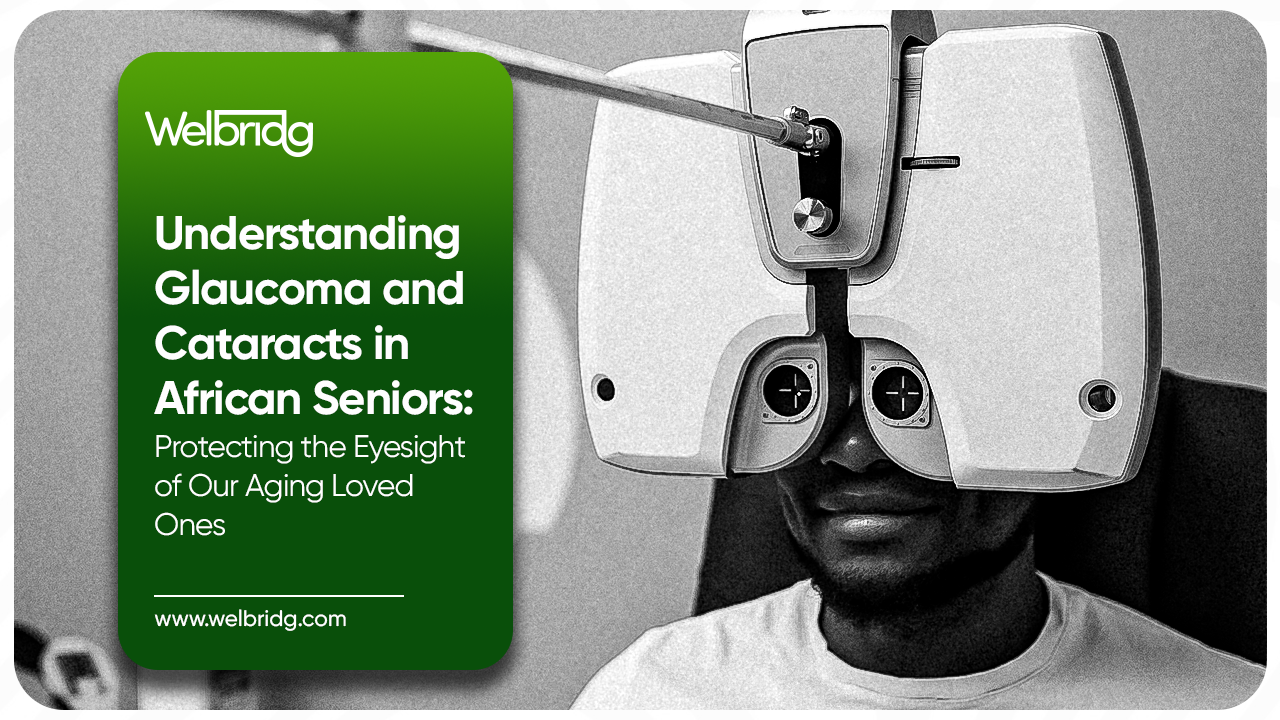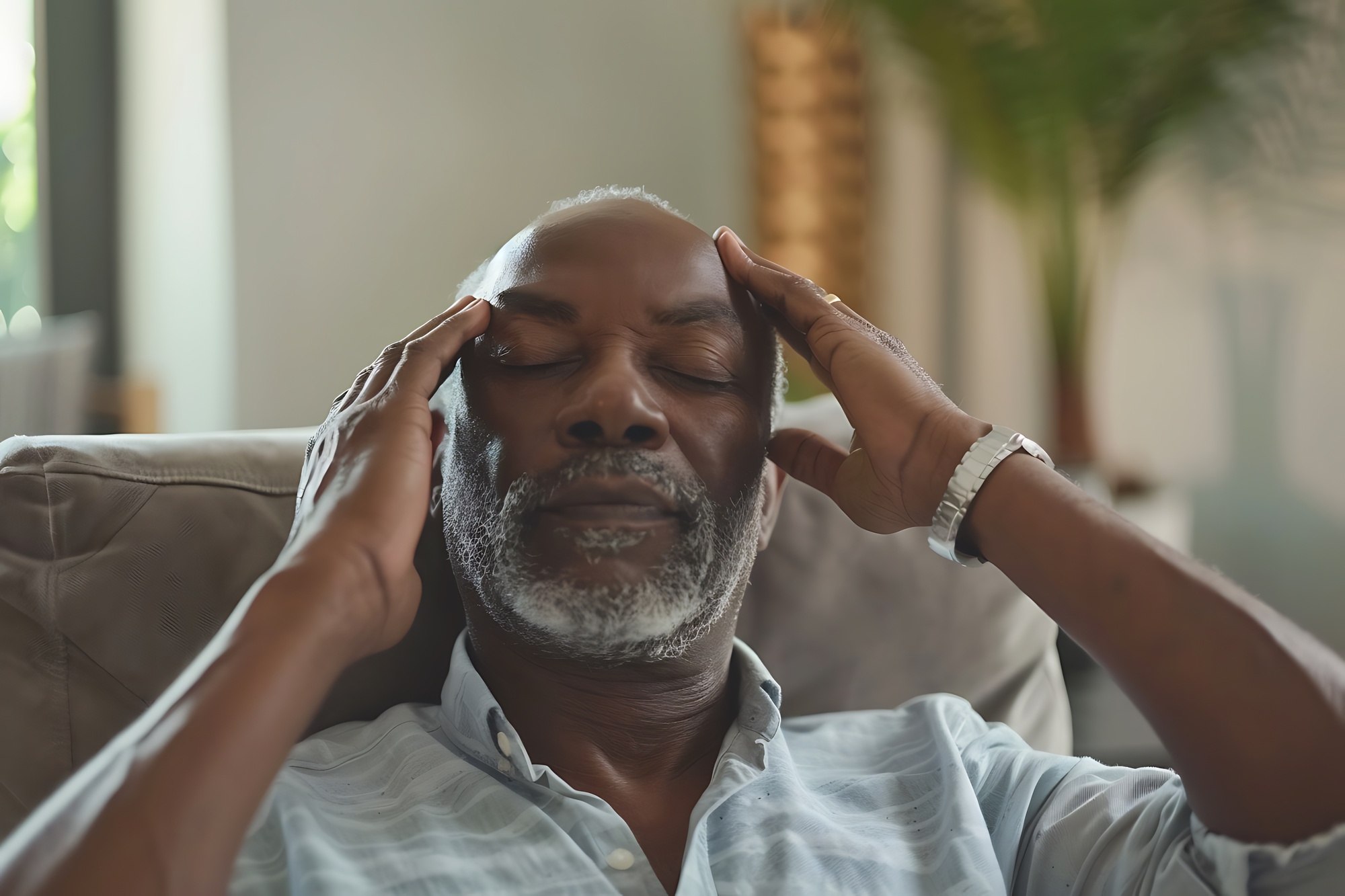How to Maintain a good health in old age
Posted: 21st Jun, 2025 By: yinksey

Ageing is a gift, but ageing well requires intentionality and effort.
In many African homes, the elderly are cherished. They are the storytellers, the prayer warriors, the backbone of family values. But with age comes new physical, emotional, and mental health challenges that can often go unnoticed or untreated, especially in settings where resources may be limited or where families are spread across continents.
Whether you're a senior, a caregiver, or a child trying to care for your parents, this guide offers practical, thoughtful, and culturally relevant tips to support good health in old age. Let’s take a look at them.
1. Prioritise Regular Health Checkups
One of the biggest mistakes people make is waiting until something feels wrong before seeing a doctor. But many age-related illnesses like high blood pressure, diabetes, arthritis, glaucoma, and heart disease creep in silently.
What to do:
Schedule annual physical exams
Monitor blood pressure and blood sugar at home
Don’t ignore small complaints like fatigue, blurred vision, or frequent urination
If you're abroad, make sure someone at home can accompany your parent to checkups
Preventive care is cheaper and safer than emergency care.
2. Eat for Strength, Not Just Satisfaction
In old age, the body doesn’t need as much food; it needs the right kind of food.
Nutrient-rich, balanced meals can help prevent malnutrition, boost immunity, and improve energy levels. Many African seniors grow up eating swallows and stews, which can be healthy if well portioned and balanced.
Healthier food habits to incorporate:
Prioritise fibre-rich foods (vegetables, fruits, whole grains)
Limit salt, sugar, and overly processed foods
Include healthy fats from fish, avocados, or groundnuts
Drink enough water, even when they don’t feel thirsty
Tip: If your elderly parents struggle with chewing, consider softer but nutrient-rich options like moi moi, oatmeal, or mashed yams with vegetable soup.
3. Keep the Body Moving; Even a Little Helps
Mobility doesn’t have to stop with age. Gentle physical activity is one of the best ways to reduce pain, improve sleep, and protect mental health.
Encourage:
Daily walks (even within the compound)
Light chores or gardening
Chair stretches or seated exercises for those with limited mobility
Dance! (African music is perfect for this)
If your parents are resistant, remind them: Movement is medicine.
4. Protect Mental and Emotional Health
Many elderly people in Africa suffer silently from loneliness, anxiety, or depression, especially when their children live far from them or abroad or when they’ve lost close friends or a spouse.
Support their mental well-being by:
Calling or video-chatting often (not just sending money)
Involving them in family decisions, even from afar
Encouraging spiritual practices like prayer, Bible reading, or mosque attendance
Allowing them space to express fears and concerns
Mental health is health. Don’t dismiss signs of sadness, forgetfulness, or mood swings.
5. Watch the Eyes and Ears
Many older adults develop cataracts, glaucoma, or age-related hearing loss, but because these conditions come gradually, they are often ignored until they cause major problems.
How to help:
Get annual eye checkups (especially for those over 60)
Watch for signs of vision loss: squinting, avoiding night outings, or bumping into things
Encourage hearing tests if they often ask people to repeat themselves
Seeing and hearing clearly boosts confidence, independence, and safety.
6. Create a Safe and Supportive Environment
Falls are a leading cause of injury in the elderly, yet many homes are not elderly-friendly.
Make your home safer by:
Removing slippery rugs and clutter from walkways
Installing grab bars in bathrooms
Ensuring good lighting throughout the home
Keeping frequently used items within easy reach
A simple fall can lead to months of pain and dependency. Prevention is love in action.
7. Encourage Social and Spiritual Connection
Health isn’t just physical, it’s also relational and spiritual. Many African elders thrive when they have a sense of community, whether it's at church, mosque, village meetings, or evening chats with neighbours. These social interactions reduce isolation and increase joy.
Ideas:
Join a senior group or fellowship
Encourage storytelling and mentoring younger ones
Celebrate their wisdom and make them feel seen.
Growing old can be beautiful; it doesn’t have to be filled with fear, sickness, or isolation. With the right care, support, and intention, our seniors can live their later years with dignity, vitality, and joy.
At Welbridg, we understand the unique needs of African seniors and the challenges of caring across borders. Whether you’re looking to book a health checkup, send medication, or simply stay updated on your parents’ well-being, we’re here to bridge the gap.
RELATED ARTICLES
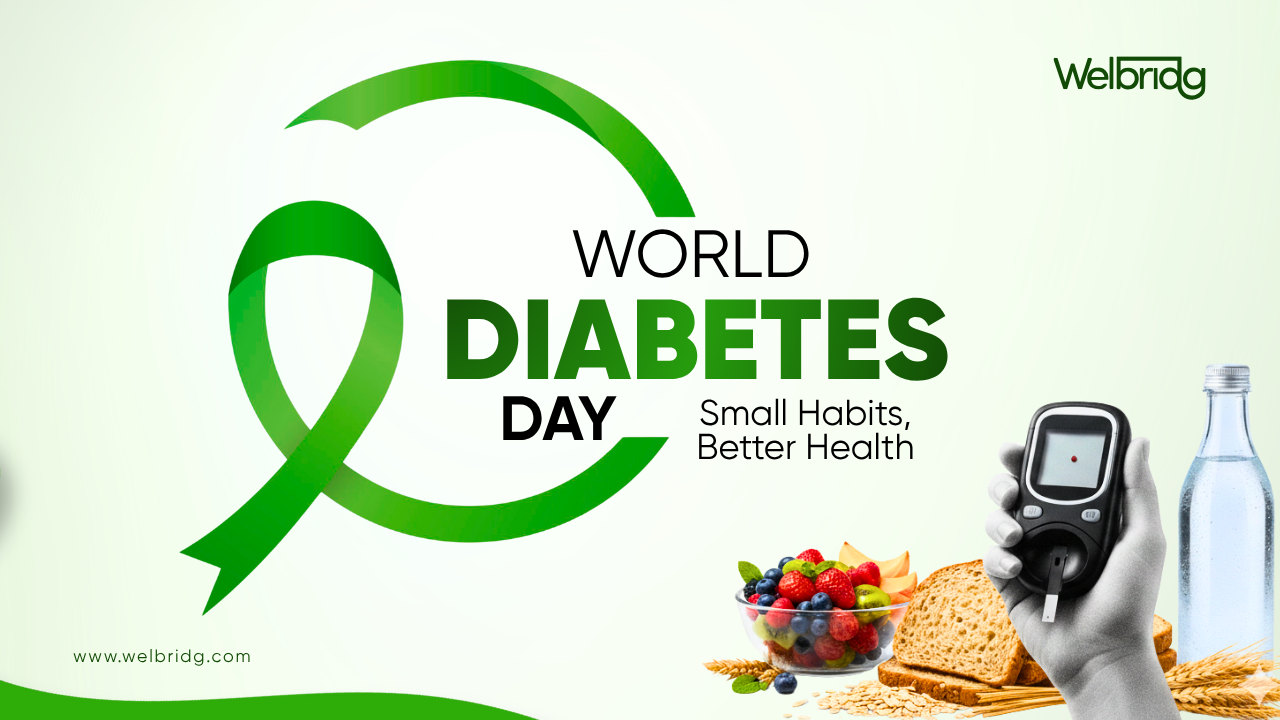
Managing Diabetes: Small Habits, Better Health
21st Nov, 2025
What is Arthritis? Managing Joint Pain in the Elderly
14th Oct, 2025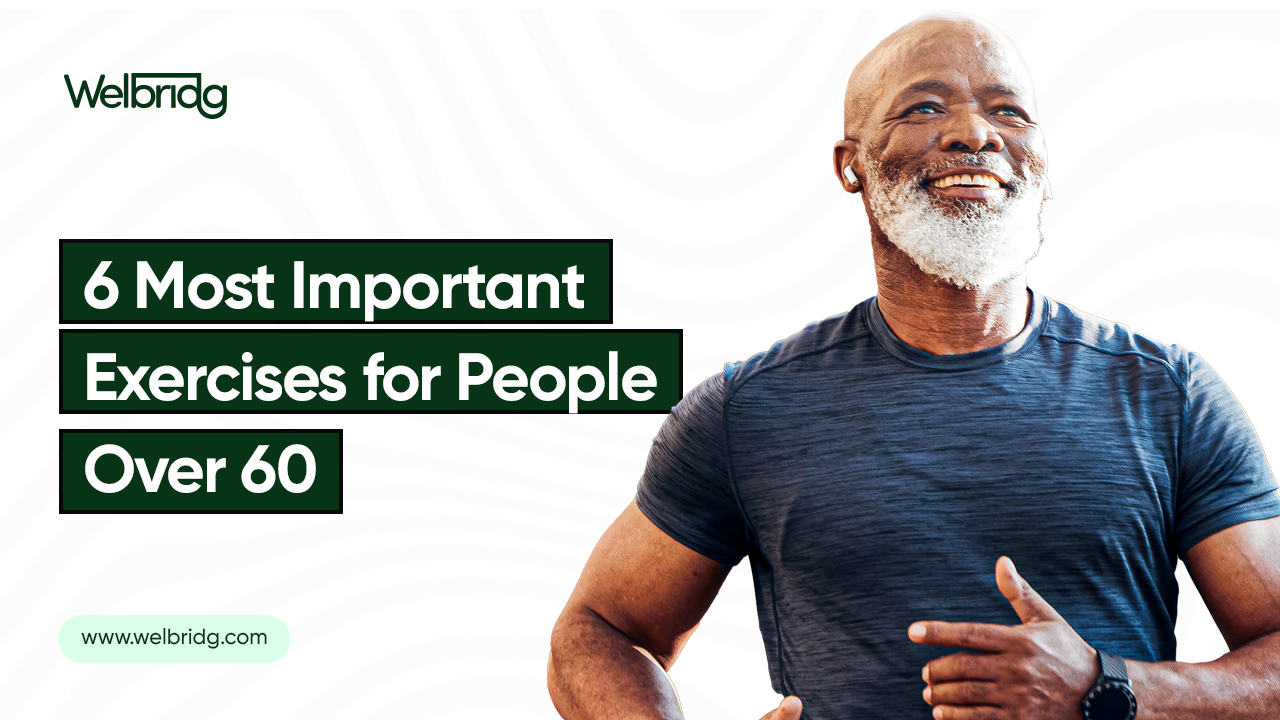
6 Most Important Exercises for People Over 60
29th Aug, 2025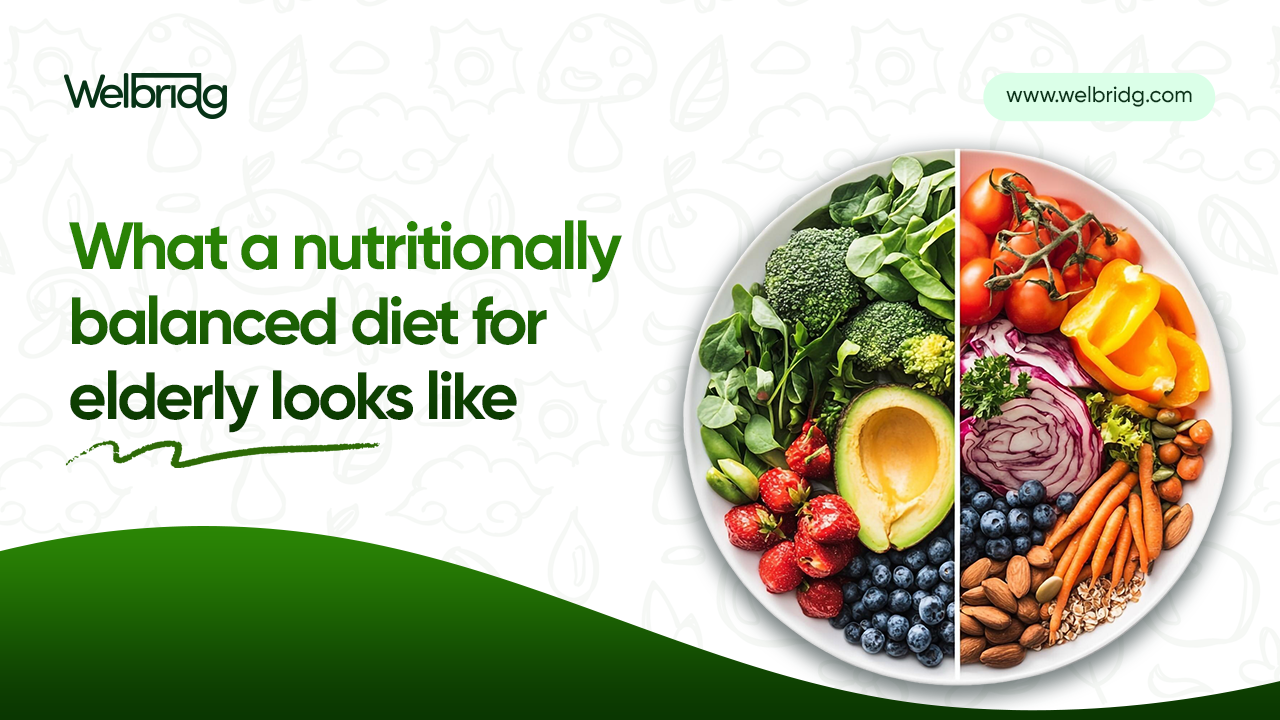
What a nutritionally balanced diet for elderly looks like
23rd May, 2025